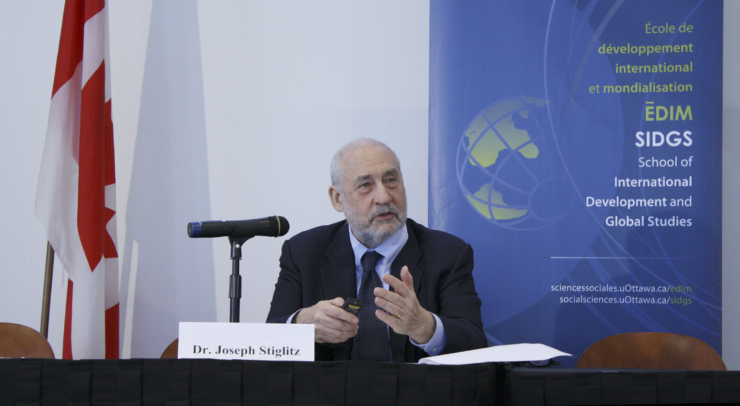Carey Mulligan as Cassie is driven by revenge and grief in this darkly comic tale
Content warning: sexual assault, rape
Don’t let its pretty pink title card, pop soundtrack, and protagonist’s pastel-toned aesthetic fool you. What you think is going to be a cathartic tale of revenge spirals to an unsettling, grief-driven tragedy.
Emerald Fennell writes and directs her first feature, Promising Young Woman, a dark comedy thriller about a woman’s destructive quest to avenge her best friend. Having first premiered last year at the Sundance Film Festival, the film is now available on video-on-demand.
By day, Cassie, a 29-year-old medical school dropout played by Carey Mulligan, works as a barista. By night, she feigns intoxication in clubs to get self-declared “nice guys” to take her home with them.
However, away from the crowd, these not-so-nice guys try to take advantage of her, only for her to snap to a state of angry sobriety, terrifying these men caught in the act.
After Cassie reconnects with Ryan, a former classmate-turned-doctor played by Bo Burnham, she shifts to targeting the men who enabled her bestfriend Nina’s rape. One by one, Cassie enacts elaborate revenge plans on the people who failed to bring Nina justice years ago.
Throughout the plot, Promising Young Woman challenges viewers’ ideas of what ‘nice’ people are — what it really means to be ‘nice’ at all. The film succeeds in subverting viewers’ expectations by taking characters one might expect to be ‘the good guy’ and making them out to be a horrible person.
In certain scenes, this plays out in a more ironic, darkly comedic tone. For instance, there’s Neil, played by Christopher Mintz-Plasse, who takes Cassie home thinking she’s drunk and hoping to take advantage of her.
Watching this sequence, I felt uncomfortable and disgusted by Neil. This interaction is very one-sided: Neil goes on, talking only about himself, touching and kissing Cassie who did not consent and does not respond to his advances. When she reveals she’s not drunk, and he realizes she knew what he was doing all along, he tries to shield himself by saying he was a ‘nice guy’ and that they had a connection.
Clearly, Cassie and the audience know this isn’t true: everything shown until this point paints him as a sleazy guy that knows nothing about her.
For other characters, this realization that they are not who they seem takes a little longer to play out.
Without revealing who, there is a specific character for me who is played by an actor I already knew and liked. In the film, they came across as compassionate and funny, truly putting themself out there to help Cassie with her grief. As the film shows a falling-in-love montage set to Paris Hilton’s “Stars Are Blind” fit for a romantic comedy, it seems Cassie is headed for her happily-ever-after. For a while, they are a positive figure and you come to root for the guy — until it’s revealed that they are not as nice as they may seem.
In this tale of revenge, there is also forgiveness. While Cassie is confronting the lawyer who intimidated Nina into forcing her to drop her case, he tells her how he is still haunted by the case and begs her for forgiveness. While watching this scene, I was not sure if she was really going to forgive him. Until this point she has been unrelenting in taking her revenge, so I questioned if she was blinded by her mission to make others feel her pain. But she does, calling off whatever she had planned for him. He later has the chance to redeem himself when she trusts him to report a crime for her.
While Cassie’s complex revenge plans may come across as improbable, the film does not fail to show the very real reaction that many have when someone speaks of their experience of sexual assault.
We see this phenomenon in action particularly in the scene where Cassie returns to her old college campus to confront dean Walker, played by Connie Britton, about her inaction during Nina’s rape. As a college administrator, she had the power to help Nina when she reported what had happened to her. Yet, dean Walker did nothing. What she says in this scene echoes what is said about too many sexual assault cases: that there’s too much ‘he said, she said,’ that she was drunk, that they don’t want to ruin a young man’s life with accusations.
Dean Walker is only one of many who were involved in what happened to Nina, but failed to help her obtain justice. Some witnessed what happened but did not come forward to testify. Others refused to take Nina seriously when she told them what had happened, brushing her aside.
So, Cassie goes on, bringing revenge to all those who were complicit until her tragic end.



